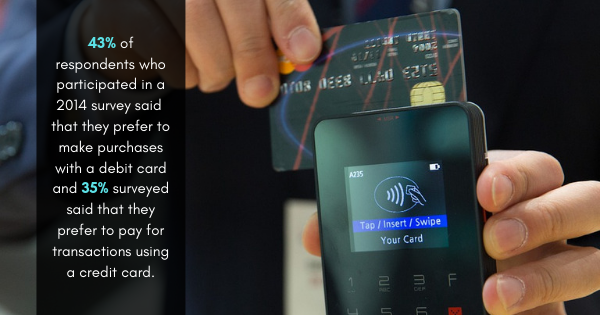
Practical Business Applications for Chip and Card Readers
In the digital world, so much about the way we handle our business revolves around the transmission of data by means of chips, QR codes, barcodes, and magnetic strips. It seems like everywhere you look, scanners and card readers are playing an ever increasing role in the way business is done in many different industries.
Scanners and chip readers are all around us, and are becoming evermore integrated into our daily lives. From credit card readers, license scanners, and ticket scanners such as lotto scanners, and race track scanners, to industrial applications such as industrial document scanners, there are quite a few practical applications for this sort of technology, and here we’ve listed a few of them. Continue reading to learn more.
Transportation Industry
Transit hubs such as airports, train stations, and bus terminals make use of various types of scanner and chip readers. From RFID technology in passports and state issued Real ID compliant licenses and ID cards used to verify the identity of travelers, to barcode and mag stripe scanners used for boarding passes and credit card transactions. The mag stripes on credit cards and ID cards can hold personal details including your account number and name. Magnetic stripes can also store up to 60 characters of text.
This technology has become a major factor in verifying identities and keeping passengers safer during their travels. It is also important for expediting the ticketing and boarding process, and allowing for instantaneous purchases at the shops and vendors commonly found in mass transit hubs.
Government Agencies
There are various different applications for these technologies that government agencies use regularly. From scanners for reading ID cards, to ballot scanners and more, government agencies have implemented the use of this type of technology to a high degree.
Medical Applications
In hospitals, scanners and readers are useful for security purposes such as key card readers used to access restricted areas. This sort of technology can also be used to encode biometric data, and for scanning documents such as health insurance information and other personal data.
Retail
The retail uses of card readers are pretty obvious. Most people use credit or debit cards to make everyday purchases. 43% of respondents who participated in a 2014 survey said that they prefer to make purchases with a debit card and 35% surveyed said that they prefer to pay for transactions using a credit card. In past years, credit card transactions were made using magnetic card scanners. Today, smart chip readers and contactless RFID readers have rendered mag strips nearly obsolete.
Casinos and Gambling
Casinos, lottery, horse, and dog racing are all big money industries. It’s no surprise that scanner and card reader technology is being implemented by gambling institutions. From lottery ticket scanners, race track scanners, and even smartphone apps that allow users to win cash prizes by scanning barcodes and QR codes with their phone cameras, there is no shortage of useful applications for these technologies.
Conclusion
There you have it. Race track scanners, RFID readers, mag stripe readers. and more. All of these technologies have become an ever more integrated aspect to business in many different industries. Don’t be surprised to see these technologies become even more prevalent in the coming years.
